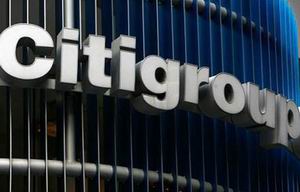 |
| Several banks, including Citigroup, are actively buying Russian aluminum on the London Metal Exchange. (Source: tampabay) |
World economy
Private capital flowing into global real estate is falling
Private capital raising in the global real estate sector has declined, as higher interest rates reduce investor demand for riskier assets, according to a report by data firm Preqin.
The report said that 61 investment funds globally raised $18.2 billion in the third quarter of 2023, down 71% from the previous quarter. This was also the first quarter to record the slowest capital mobilization rate in the current rate-hike cycle.
Global real estate markets have been in turmoil as major central banks have raised interest rates, pushing up borrowing costs. Meanwhile, valuations of some types of real estate have fallen, reducing investors’ expectations of returns. This is most evident in the office real estate sector, which has been significantly impacted by the rise of remote working.
“Investment opportunities that can generate positive and stable net income, along with a clear exit path, are becoming scarce,” said Henry Lam, vice president of research at Preqin. “Investors are taking a wait-and-see approach until the future path of interest rates becomes more certain.”
North American real estate funds accounted for the largest share of total capital raised globally in Q3 2023, but only reached 70% compared to 81% in the previous quarter, Preqin's report found. Meanwhile, Asia- Pacific 's share of real estate capital increased to 24%, thanks to Japan, where borrowing costs remained low, making it particularly attractive to investors. The remaining 6% of capital was spread across real estate in Europe and some other countries outside the above regions.
In the second quarter of 2023, the dollar value of global real estate transactions fell to $31.9 billion. Office sales fell 20%. Industrial and residential transactions, while still the most active segments, saw transaction volumes decline by 3.2% and 6.3%, respectively.
The report said that interest rate uncertainty will continue to weigh on real estate financing and transactions. Investors will seek out properties or markets that promise more certain returns.
US economy
* On November 1, at the end of a two-day policy meeting, the US Federal Reserve (Fed) decided to maintain interest rates stable at the highest level in 22 years but still left open the possibility of raising interest rates in the near future to control inflation.
According to the Fed, “economic activity expanded at a strong pace in the third quarter” as a basis for policymakers to unanimously maintain the benchmark interest rate at 5.25%-5.50%, maintained through July 2023. The latest statement also noted that, with job growth remaining “strong” and inflation remaining “elevated,” the agency continues to consider “the extent to which additional policy tightening may be appropriate to return inflation to its 2% objective.”
Chinese Economy
* China's gold demand will remain strong for the rest of 2023, the World Gold Council (WGC) said, as domestic prices for the safe-haven asset surge to a record amid the strongest investment demand in more than two years.
Demand for gold bars and coins in China rose 16% year-on-year in the third quarter of 2023 and will remain strong in the final three months of this year, according to the WGC. Economic and political uncertainties, currency volatility and central bank reserves have all fueled the gold buying spree.
* The number of companies canceling plans to list on Shanghai's Star Market has risen to a record high after regulators raised initial public offerings (IPOs) to select and develop businesses with the potential to help China's tech sector grow.
Accordingly, 126 companies have canceled or suspended IPO registrations on the Star Market since the beginning of the year, much higher than the previous four years. Investors including bankers said that the above stock exchange has set higher standards for listing registrations this year.
European Economy
* The European Union (EU) and Australia have failed to make progress in negotiations on a Free Trade Agreement (FTA). Canberra said on October 30 that it could be years before the two sides can resume negotiations.
According to Australian Agriculture Minister Murray Watt, EU negotiators have not changed their minds in this latest round of talks, negotiations cannot continue during the “current parliamentary term”, meaning the Australian Government will not be able to return to the negotiating table until after the 2025 general election.
For its part, a spokesperson for the European Commission (EC) said the bloc was optimistic about the possibility of reaching an agreement in Osaka, but could not find common ground with Australia on a number of issues. In a statement, the EC said it was ready to continue negotiations with Australia.
* On October 27, the EU oil coordination group convened an emergency meeting to discuss the issue of diversifying oil supplies to assess supply risks in case the conflict in the Middle East spreads to the region.
The Middle East shipping route plays an important role as 20 million barrels of oil supply to Europe pass through the Strait of Hormuz every day. Western countries are concerned that escalating conflict in the Middle East could lead to a blockade of the Strait of Hormuz or cause insecurity on this shipping route.
EU oil stocks now meet the minimum 90 days of net imports criterion, but mostly crude.
* According to Bloomberg, despite sanctions and restrictions due to the conflict in Ukraine, a number of Western banks and businesses, such as Citigroup and Trafigura Group, have recently actively entered into metal purchase agreements with Russian companies .
Singapore-based Trafigura is actively looking for opportunities to buy Russian metals, sources said. Specifically, the company has signed a term agreement to buy more than 100,000 tons of copper from Norilsk Nickel. In addition, the company has signed a deal with Rusal to receive about 200,000 tons of aluminum.
Other major traders, such as Swiss multinational mining and trading company Glencore, have said they are abandoning new business in Russia, although they are maintaining existing contracts. Several banks, including Citigroup, are also actively buying Russian aluminum on the London Metal Exchange (LME).
Singapore's ICBC Standard Bank and Australia's Macquarie Group also plan to buy Russian metals, according to Bloomberg.
* According to the Federal Statistical Office, the German economy contracted slightly in the third quarter of 2023, continuing to be under pressure from weak purchasing power and rising interest rates.
Germany's GDP fell 0.1% in the third quarter from the previous quarter. Meanwhile, according to a Reuters survey, the country's economy is forecast to shrink 0.3%.
The German economy contracted in the third quarter, in line with Commerzbank's forecast that the economy would contract again in the second half of the year. According to Commerzbank's chief economist, Joerg Kraemer, consumption is unlikely to recover as optimists had hoped.
* Ukraine said on October 27 that it has exported 1.3 million tonnes of products since establishing a Black Sea corridor in August, despite concerns about security and safety for ships passing through the corridor.
Accordingly, a total of 62 ships have used this corridor, 37 of which have exported more than 1.3 million tons of Ukrainian agricultural products and other goods. In addition, 4 ships are heading to the Bosphorus Strait and 11 other ships have entered the port of Odessa to load cargo.
Japanese and Korean Economy
* On November 1, the Bank of Japan (BoJ) unexpectedly announced the purchase of government bonds to limit the increase in bond yields, in the context that this agency has just decided to remove the 1% ceiling on 10-year bond yields.
The BoJ's move comes as the yield on 10-year Japanese government bonds is trading at 0.97%, hitting a decade high.
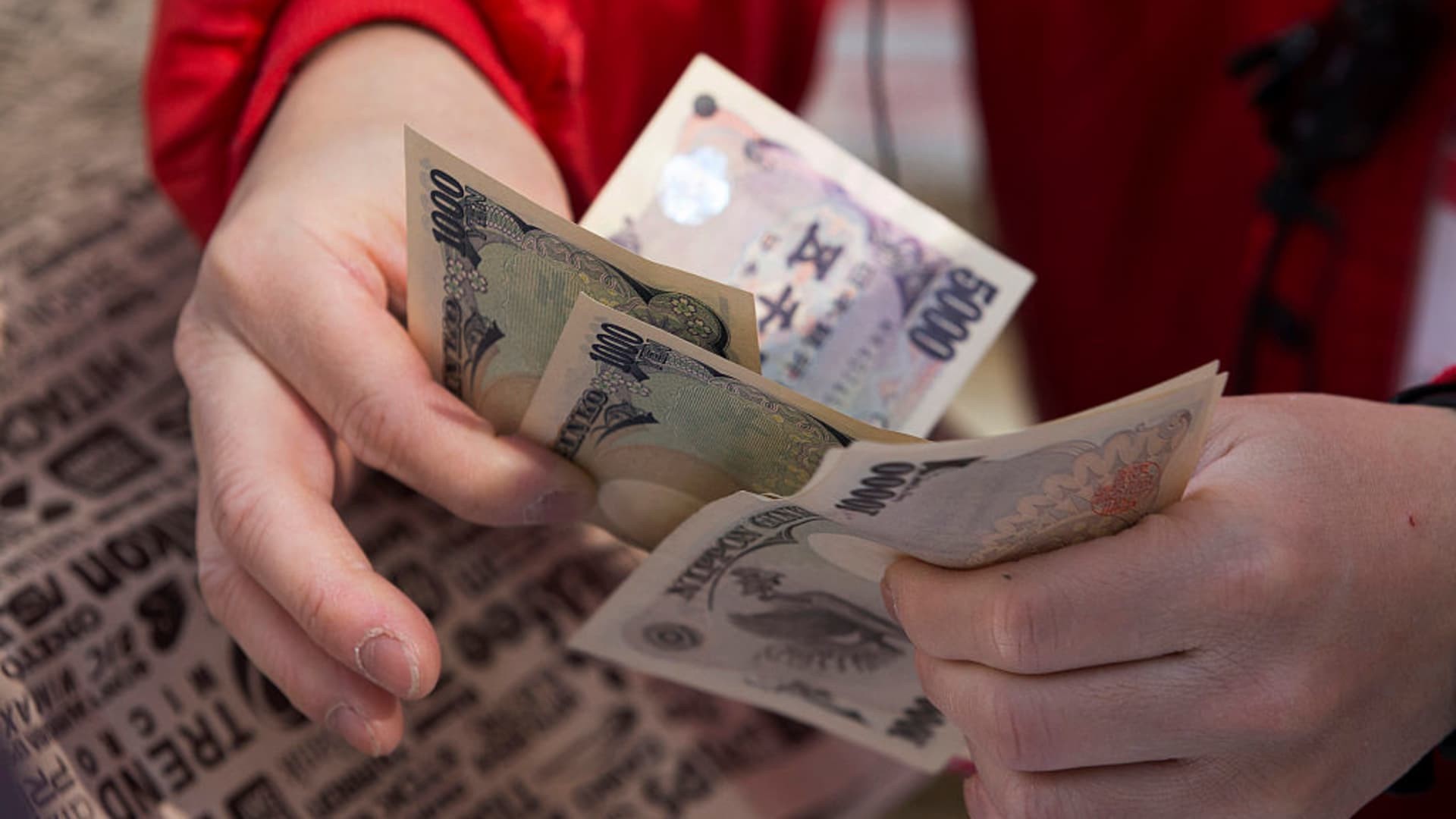 |
| On November 1, the Bank of Japan (BoJ) unexpectedly announced the purchase of government bonds, aiming to limit the rate of increase in bond yields. (Source: Getty) |
* Japan and the United States are considering holding talks between foreign and economic ministers in San Francisco in November 2023, amid growing challenges in the economic security field, a source familiar with the matter said on October 30.
According to the source, the 2+2 economic talks between Japan and the US will be held on the sidelines of the Asia-Pacific Economic Cooperation (APEC) summit ministerial meeting scheduled for November 14-15 in California. This will be the second time Japan and the US have held discussions in this format. The talks were set to begin in July 2022 in Washington.
* According to the report on "Industrial Activity Trends for September" by the National Statistical Office of Korea, the production, consumption and investment indexes all increased after 4 months, thanks to the recovery of semiconductor chip exports.
Statistics showed that South Korea's industrial production increased 1.1% in September 2023 from a month earlier, with both the mining and service sectors increasing.
In particular, semiconductor chip production increased significantly as business conditions improved. Output of memory (DRAM) and flash memory increased by 12.9% compared to August. Production of related machinery and equipment also increased by more than 5%.
ASEAN Economy and Emerging Economies
* The Thai Ministry of Labor has just issued a ministerial decree stipulating new fees for examining and granting work permits to foreign workers from Cambodia, Laos, Myanmar and Vietnam.
Specifically, visa fees for workers from the four countries mentioned above will be reduced from the current 2,000 Baht (55.4 USD) to 500 Baht and temporary residence fees (yearly visa renewal fees) will also be reduced from the current 1,900 Baht to 500 Baht.
The decree is effective for four years, starting from November 10, 2023, and applies to foreign workers from these four countries entering Thailand to work on the basis of a labor contract or a Memorandum of Understanding (MOU) related to labor recruitment.
* During a recent meeting with Organization for Economic Cooperation and Development (OECD) Secretary General Mathias Cormann in Japan, Indonesian Trade Minister Zulkifli Hasan discussed the country's efforts to quickly become a full member of the OECD .
Mr. Zulkifli said Indonesia wants to receive support to be able to join the OECD smoothly and quickly. In its view, the OECD needs to be more inclusive with the participation of more developing countries.
Earlier, Indonesian President Joko Widodo (Jokowi) issued a directive to accelerate the process of joining the OECD. Many cooperative efforts have been initiated, including the sending of a letter of intent by Coordinating Minister for Economic Affairs Airlangga Hartarto to the OECD Secretary-General.
* According to preliminary quarterly labor data just released by Singapore's Ministry of Manpower (MOM), the number of jobless and unemployed people in Singapore increased in the third quarter of 2023 as a weaker economic outlook dragged down sectors such as wholesale trade, the second largest sector in the country's economy.
As of now, there are about 11,120 people leaving their jobs in 2023, nearly double the 6,440 recorded in all of 2022.
* The Vientiane Times newspaper on November 1 reported that Lao Prime Minister Sonexay Siphandone has pledged to continue implementing measures to stabilize the macro-economy , preventing the country from falling into a crisis.
According to the newspaper, speaking at the opening session of the 6th session of the 9th National Assembly of Laos on October 31, Prime Minister Sonexay said that the Government's focus will be on implementing the measures issued to address situations related to fluctuations in exchange rates and prices to curb rising inflation and stabilize living costs.
Source


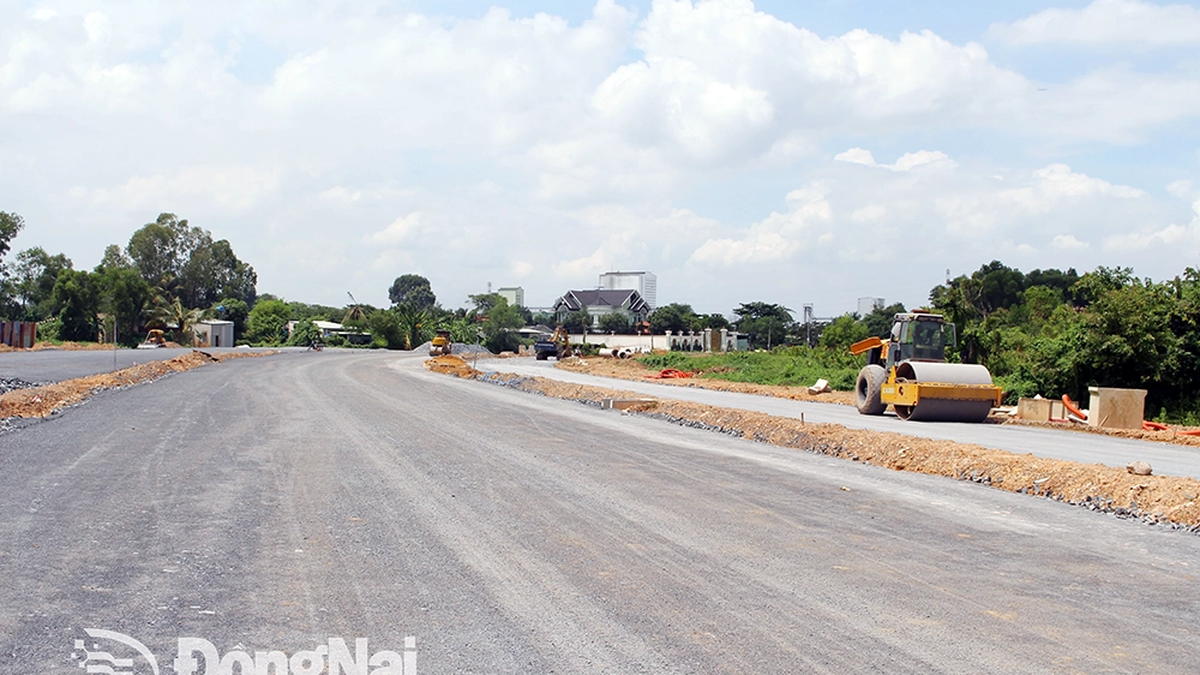


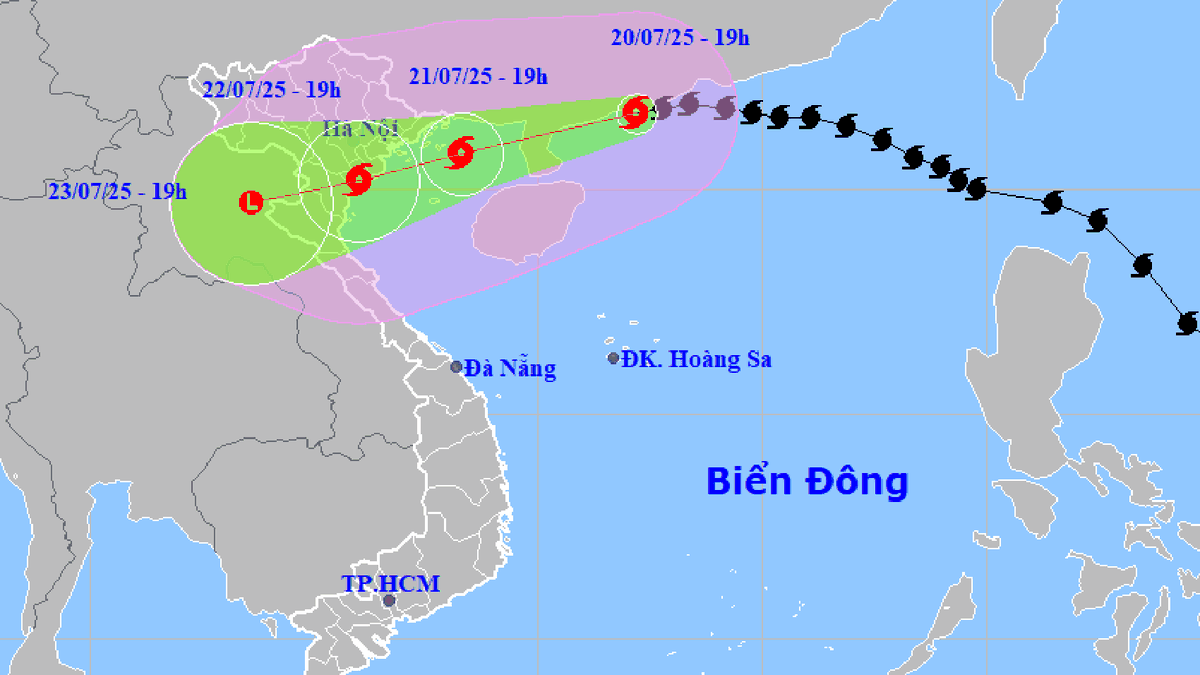


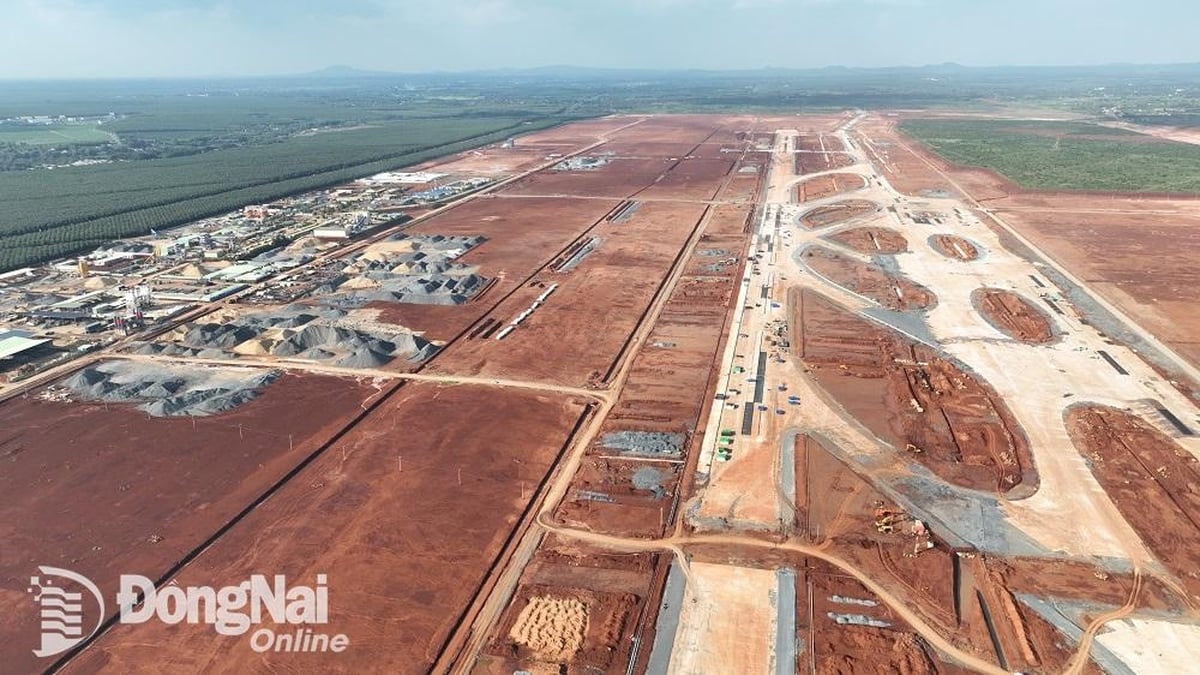

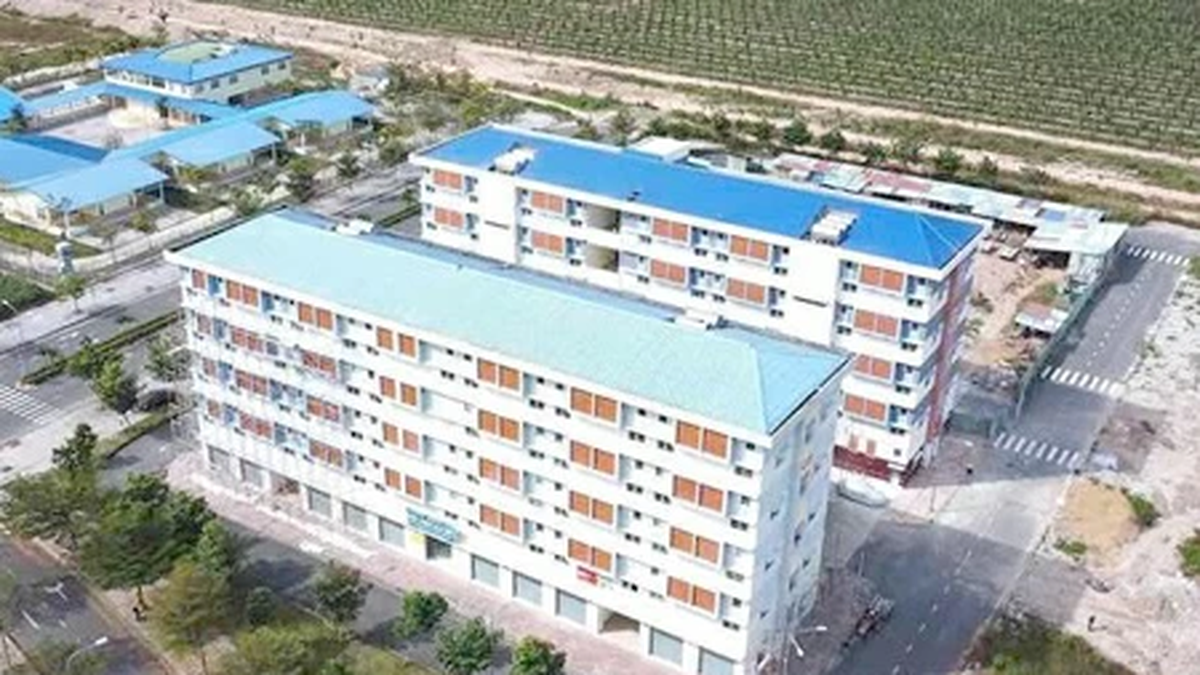











![[Photo] National Assembly Chairman Tran Thanh Man visits Vietnamese Heroic Mother Ta Thi Tran](https://vphoto.vietnam.vn/thumb/1200x675/vietnam/resource/IMAGE/2025/7/20/765c0bd057dd44ad83ab89fe0255b783)









































































Comment (0)